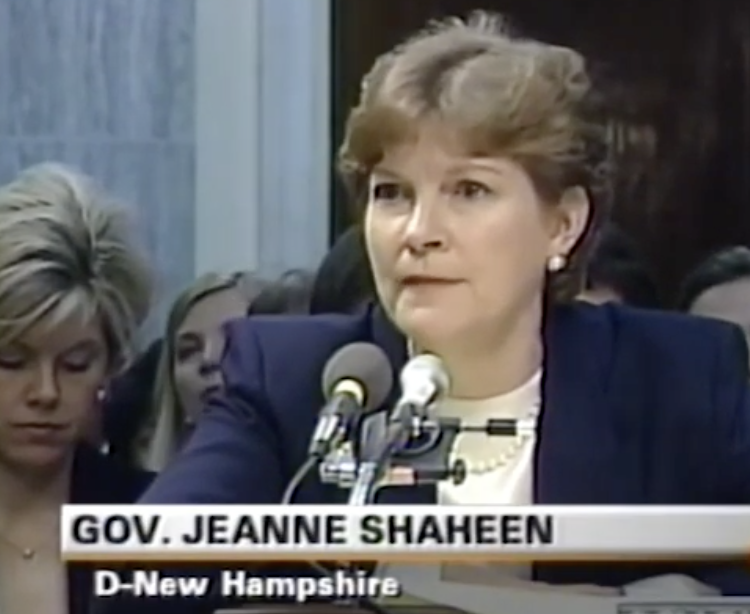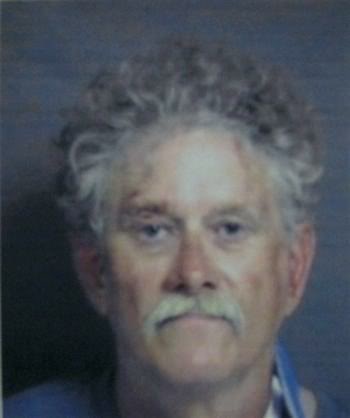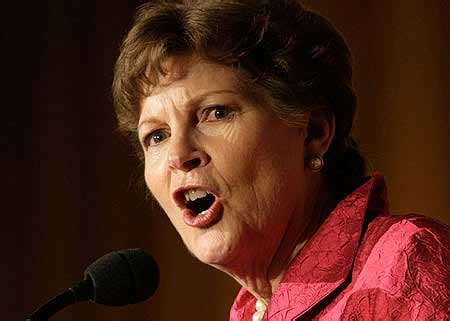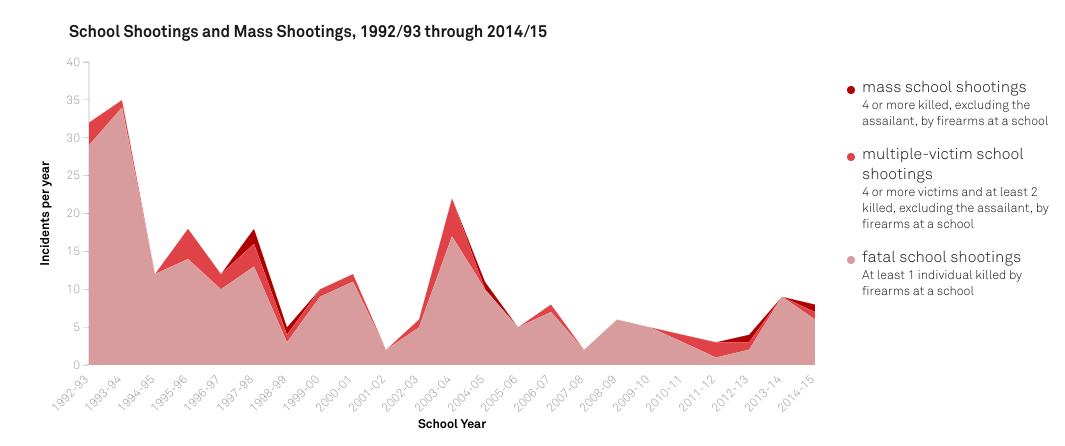Stefany Shaheen Calls for Mass Gun Confiscation In Wake of Nashville School Shooting

Stefany Shaheen, the daughter of the state’s senior U.S. senator and widely viewed as a likely future Democratic candidate, is using her position on the Portsmouth Police Commission to call for gun confiscation as a “reasonable measure” to address gun violence.
In the wake of last week’s mass shooting at a Christian school in Nashville, Tenn., Shaheen penned an op-ed for the Portsmouth Herald bemoaning the fact that “we have not found a way to implement reasonable safety measures to keep first-graders from being shot in their classroom with automatic assault weapons that can unload 90 bullets in 10 seconds. 90 bullets in 10 seconds!”
However, she added, “There are reasonable measures we can take to stem the tide of these horrendous deaths.” Among them:
• Banning the sale of semi-automatic weapons.
• A mandatory assault weapon buyback program.
Shaheen, a children’s book author who chairs the city commission that oversees the police department, is staking out political ground by advocating a ban on the sale of most guns found in New Hampshire sporting goods stores. And gun confiscation — the “mandatory buyback” of privately owned weapons by the government — is such a political hot button that even aggressive anti-gun groups like Giffords and Everytown have declined to embrace it.
“The beauty of a democratic form of government is that WE [sic] the people have power,” she wrote. “Together, we can insist that those who earn our votes support safety in our schools and on our streets. We can end this vicious cycle of inaction driven by those who want us to disengage and give up.”
Shaheen declined to respond to questions from NH Journal regarding her specific policy proposals. She also declined to answer a question about whether politicians should accept campaign donations from gun manufacturers.
Shaheen’s mother, Sen. Jeane Shaheen, has taken at least $13,000 in direct campaign donations from New Hampshire-based gun maker Sig Sauer.
Sen. Shaheen’s press team also declined to respond to requests for comment. However, the senator has supported legislation banning the sale of some popular firearms, like the AR-15, as part of a ban on so-called “assault weapons.”
Kim Morin with the Women’s Defense League of New Hampshire said the younger Shaheen is simply out of touch. The Granite State has never had a school shooting. The only mass shooting incident in New Hampshire occurred 26 years ago when her mother was governor. Then-Gov. Jeanne Shaheen did not enact new gun laws after Carl Drega shot and killed four people in Colebrook, including two New Hampshire state troopers.
“Stefany Shaheen lives in one of the safest states in the country. She is blaming thousands of Granite Staters who lawfully own AR-15 style rifles for the actions of a psychopath,” Morin said. “Her suggestion of a ‘mandatory buyback program’ is nothing less than gun confiscation.”
Stefany Shaheen’s op-ed also called for a ban on high-capacity magazines, enacting “red flag” laws, and requiring a license for any gun purchase. Critics note, however, that part of her argument is based on counterfactual gun specs, such as her reference to “automatic assault weapons.”
In fact, the Nashville shooter did not have automatic weapons. Fully automatic weapons, also known as machine guns, are not typically available to Americans. They can be purchased, but only with a special permit and tax stamp. The weapons are also prohibitively expensive in most cases.
The semi-automatic type of firearms the Nashville shooter carried can only fire one bullet per trigger pull. It is highly unlikely the Nashville shooter, or any other shooter, can pull a trigger 90 times in 10 seconds.
“They can only fire as fast as a person can pull the trigger,” Morin said. “People like (Stefany) Shaheen, who clearly knows nothing about firearms, shouldn’t be commenting on how firearms work and certainly shouldn’t be trying to create laws about them.”
Stefany Shaheen’s proposal also does nothing about handguns being the most commonly used weapons by mass shooters. Morin said Shaheen’s poor grasp of the facts and her extreme ideas like gun confiscation show how far out of mainstream she is from average Granite Staters.
“We don’t live in a third-world country ruled by authoritarian dictators. We live in one of the freest states in America. Shaheen, like her mother Jeanne, is completely out of touch with the people of New Hampshire, especially women,” Morin said.








